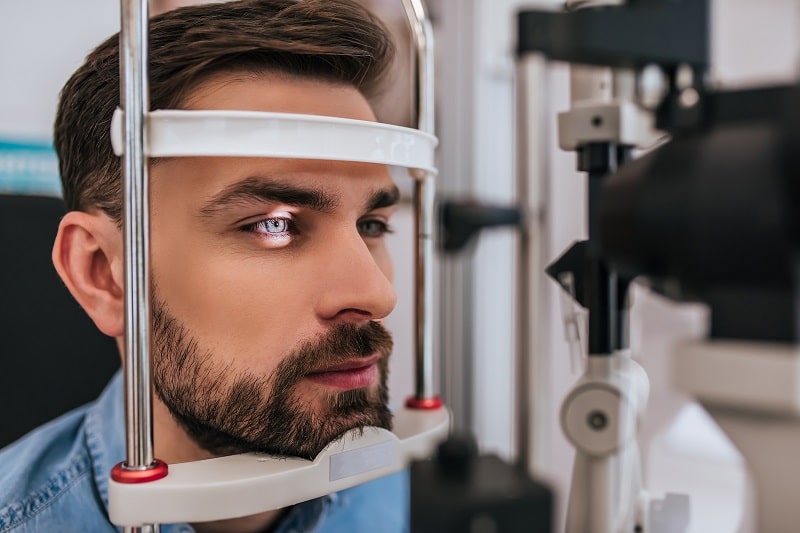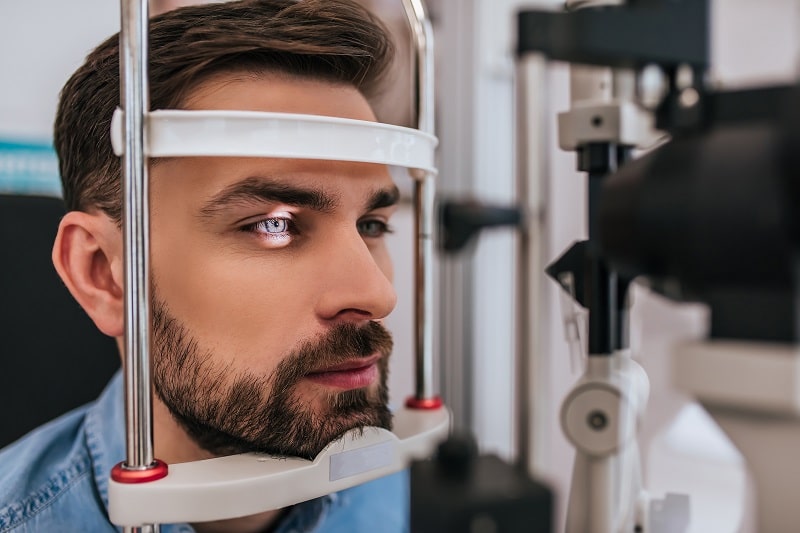
Is your eye doctor an optometrist or an optician? It’s a common confusion, but understanding the difference is crucial. We often use both titles or opt for the simpler one, optician.
Of course, optometrists and opticians are related to eye care, but they have distinct functions.
There’s also a third-term ophthalmologist, a medically trained doctor with a general medical degree and advanced training to provide the highest level of eye care, including surgery. However, we’ll focus on the two former terms for this discussion.
Optometrists
An optometrist specialises in eye care. Much like a dentist who spends years focusing on oral health, an optometrist undergoes 3 to 4 years of rigorous medical training, specifically in eye care. An optometrist will likely assist you when you visit an eye clinic for an examination, diagnosis, or treatment.
Optometrists also prescribe eyeglasses and contact lenses for people with vision problems. These vision problems could include:
- Near-sightedness (myopia)
- Farsightedness (hyperopia)
- Astigmatism
- Glaucoma
- Cataracts
- Systemic diseases that affect vision, such as hypertension and diabetes
- Age-related eye conditions
Opticians
An optician is not an eye doctor but an eyewear expert. To become an optician, one typically completes a diploma course or a one —to two-year degree at a university. Opticians are the experts who deal with eyeglasses and prescriptions.
From fitting eyeglasses and contact lenses to handling other optical devices, opticians ensure your eyewear is perfect for your needs. They can help you find the right solution for your vision needs, performing adjustments and repairs to ensure that your eyewear fits and functions properly.
Understanding the Differences: Optometrist vs Optician
While both optometrists and opticians play essential roles in eye care, their responsibilities and training differ significantly.
Optometrists are the go-to professionals for eye exams, diagnoses, treatments, and prescriptions for vision correction. Opticians, however, ensure that your prescribed eyewear is fitted correctly and comfortably.
Next time you visit an eye care professional, you’ll know whether you’re seeing an optometrist or an optician and understand the unique expertise each brings to your eye care experience.
Now, you can kick the confusion goodbye and know whose attention or expertise is when you book an appointment.
You must see an optometrist if you’ve got an itch or can’t see your TV screen from a distance. You see an optician if your eyeglasses fit, repaired, or contact lenses replaced. You only visit an ophthalmologist when referred by your general physician or optometrist.






